Thank you
Your email has been added to our waiting list and we will send an invite to you as soon as possible. Thank you for your patience.
In the meantime, if you happen to run a blog, our newly launched Blog Enhancement Suite can utilize the immense power of community to help you get more audience, engagement, content, and revenue with your own embeddable community! It will breathe new life into your blog and can automate many of the tedious tasks that come with the territory, so you can focus more on what matters most... writing.
Help spread the word about Snapzu:
Let others know about Snapzu by tweeting about us. We appreciate every mention!
Tweet it!
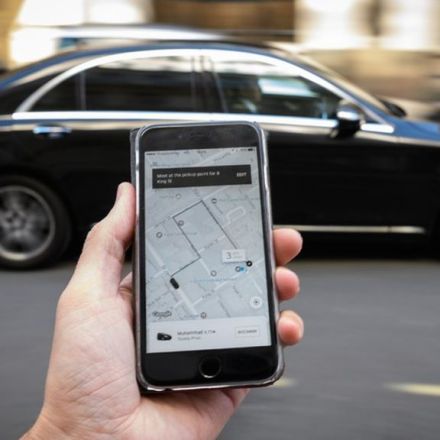























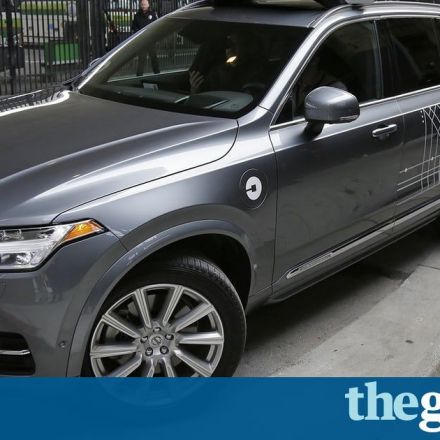
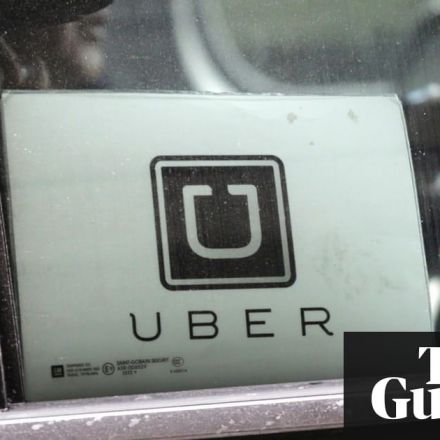
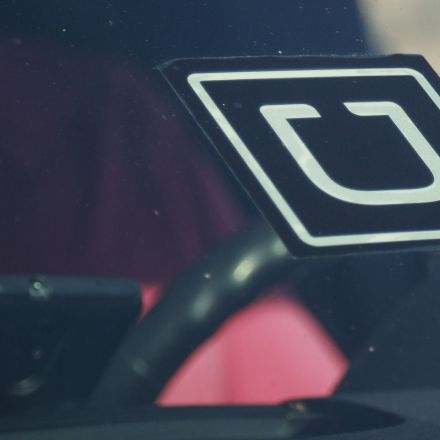
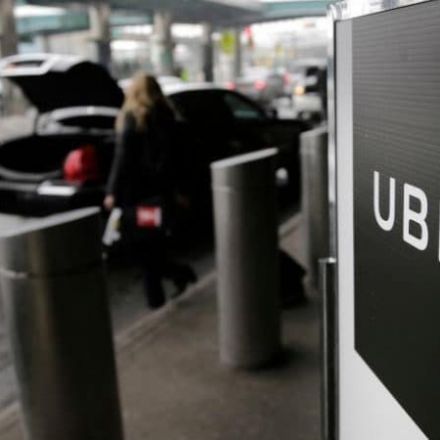
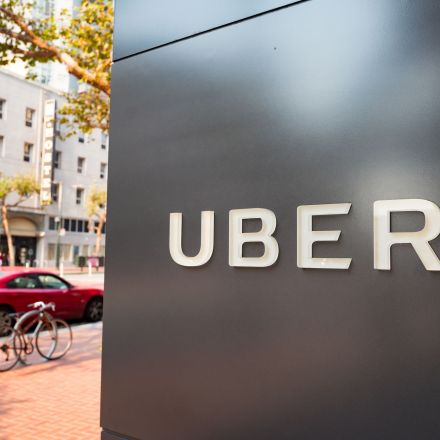
Join the Discussion
That's a little biased. A lot.
This is the main reason they're not allowed in the Netherlands; it's not about "you're disrupting the market!" but about that disruption coming at the cost of those driving for uber. People working for uber aren't guaranteed a base salary or whatever other benefits you get here in the Netherlands when you have a normal job, so they were told to stop, or fix that. It's also about customer safety -- taxis here need to be driven by someone that's proven to be able to, but uber doesn't want to adjust to that regulation. (ignoring the fact that taxi drivers here are known to be some of the easiest people to buy drugs from)
Same with airbnb here, they're claiming to help you rent out your space if you're gone for a bit, but instead people are renting out places 24/7/365. It's not about protecting hotels, it's about protecting the jobs & housing etc of people that live there. You can disrupt a market, as long as that doesn't come at the cost of something other than other companies.